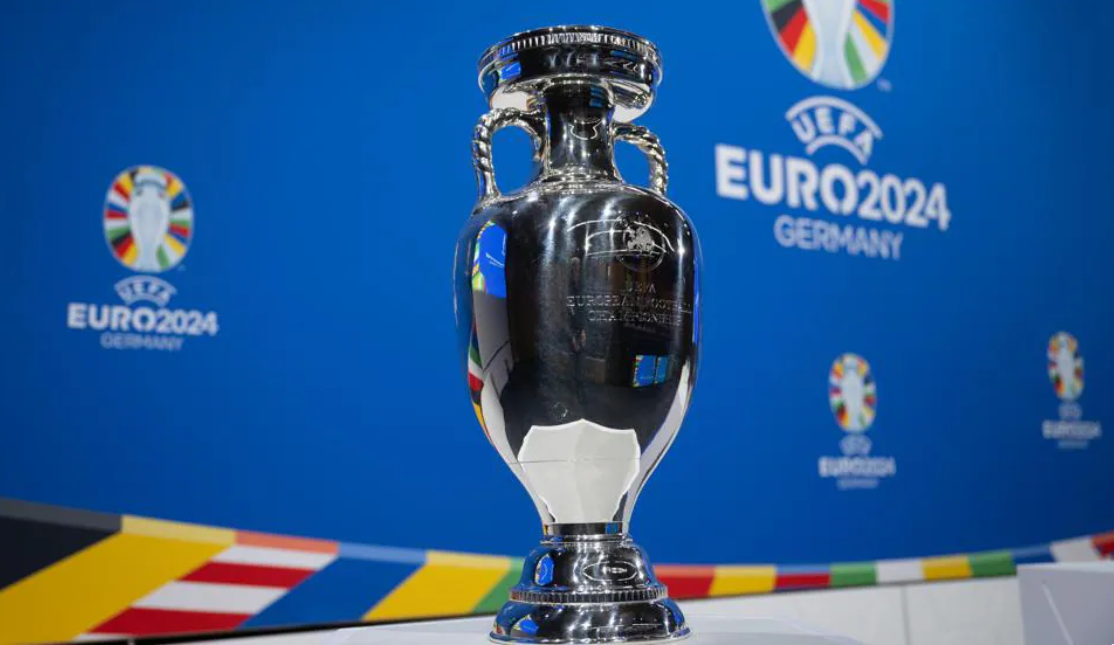
South East Coast Ambulance Service (SECAmb) is calling for the public’s support to help it manage demand throughout the upcoming Euro 2024 football championships.
England kick off their campaign against Serbia at 8pm on Sunday 16 June with Scotland taking on hosts Germany in the opening game at 8pm on Friday 14 June. Both then play two further group matches before the knock-out phase begins.
The ambulance service will often see an increase in demand for its services following the final whistle in key international football matches. At the last Euros in 2020, SECAmb received around 50 per cent more 999 calls in the hour after England’s semi-final victory than in the previous hour. During the game there was a dip in demand but in the hour after the final whistle, 999 control room staff answered 150 calls.
Ahead of the start of the tournament, SECAmb is asking people to enjoy the games sensibly, be aware of the impact their actions can have on its services and to only dial 999 in the event of a serious emergency. People with a genuine emergency are urged not to ignore any symptoms such as chest pain during a game, only to call 999 at the end of the match.
To lessen the impact on SECAmb and the wider NHS, people who are not facing an emergency should make use of alternatives such as NHS 111 Online at www.111.nhs.uk or by calling 111 for help and advice.
With evidence pointing to a link between high-profile football matches and an increase in domestic violence and abuse, SECAmb is also reminding people of help available to anyone who feels they or others they know are at risk. Help and advice is available via the NHS website here: https://www.gov.uk/guidance/domestic-abuse-how-to-get-help
SECAmb Executive Director of Operations, Emma Williams, said: “We know that many people will be looking forward to the Euros and to cheering on their country of choice over the coming weeks.
“We also know that significant football matches can have an impact on the demand we face with often an immediate uplift in calls at the final whistle.
“Anyone who is facing a genuine emergency shouldn’t hesitate to call us but we know that many people who choose to call us after a game has finished could get help and advice from a more appropriate service such as NHS 111.
“We appreciate that many people will choose to watch the match at the pub or at home with friends. If people choose to drink alcohol while watching then, as ever, we urge them to be sensible and look after themselves and others to lessen the likelihood of having to call for our help. Just a few avoidable calls in an area can significantly impact on our ability to respond to other local emergencies quickly.”
Further health advice, information on NHS services and how you can get the help you need is available at www.nhs.uk
